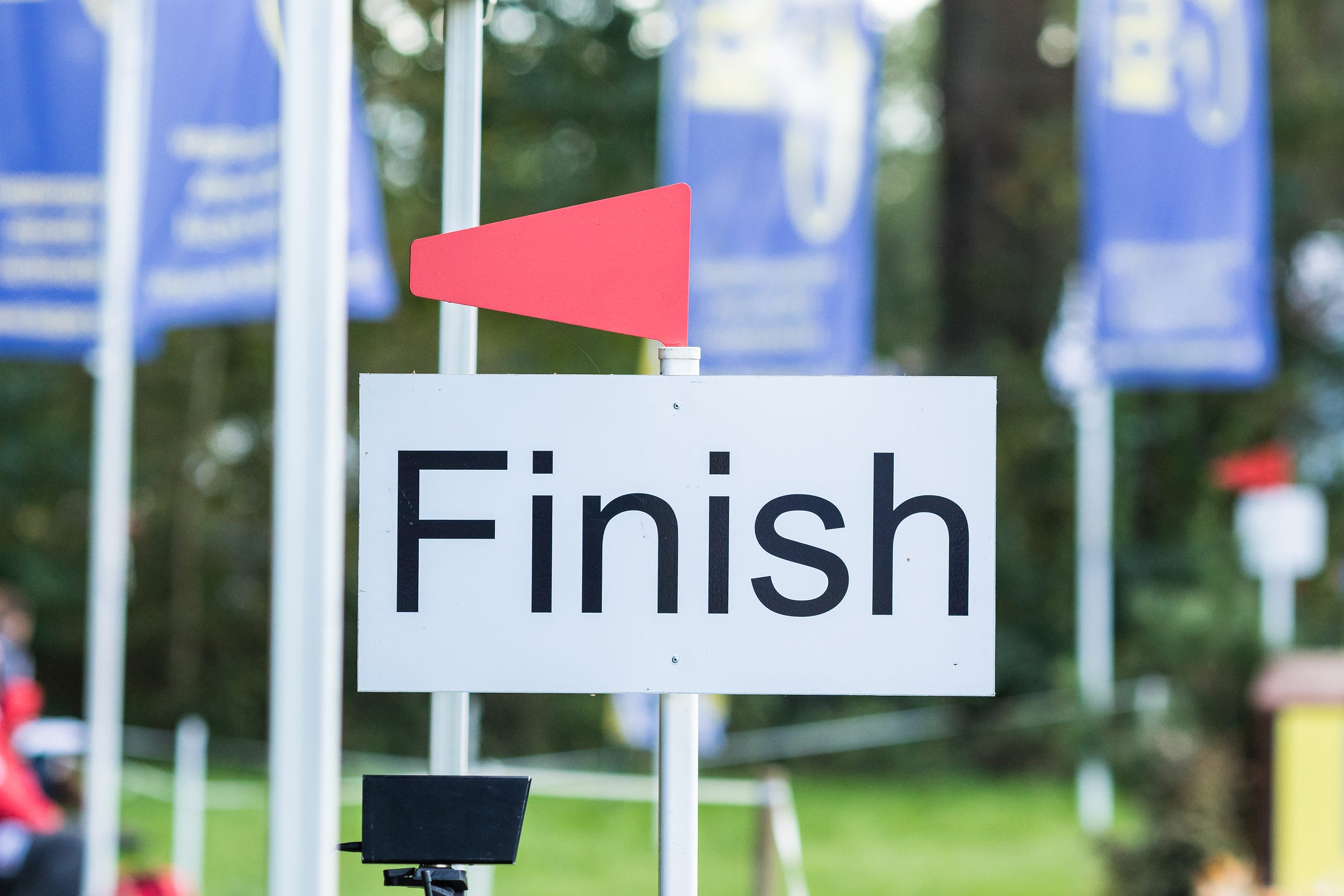💡 Let's Make Eventing Safety Someone Else’s Problem...
In the discussions leading up to the revised eventing rules and regulations. The FEI eventing committee strongly believe in delegating danger onto national federations for eventing safety as in rider entry approvals. Guess what I think about that?
The FEI’s first draft of the 2026 Eventing rule changes is out, and it covers everything from whip use to penalties, from judging in dressage to frangible devices in cross-country.
Here are some of the big talking points in the proposal:
The whip should only be used to support the natural aids, not to discipline. [DUH, basic riding 101!!! 🙄]
Riders who press on with tired horses could face automatic penalties. [Thought that was already regulated in the warning cards, but then again, rules are not always followed now, are they... 👇🏻]
Missed flags may earn fewer penalties than before. [How many time have this rule been changed since it first arrived? 🤔]
Frangible devices? Still worth the full 11 points, say the FEI. [Hell yeah, and for the sake of the sport also make sure to remove any possibility of getting a MER if breaking one cause the[ir very own] key take is that a broken device just prevented a bad fall!!!]
Dressage judging disputes might finally get a review system.
Hard hats a.k.a. helmets at trot-ups for under-18s? Still under review.
But the real kicker? When it comes to whether a rider is ready to move up a level, the FEI eventing committee wants national federations to take the lead.
In other words, the governing body of global equestrian sport is quietly stepping back and asking: Are you sure you’re ready? Good. Then go.
Let’s unpack what that means for risk, responsibility, and reality on the cross-country course.
In short, it’s convenient, and it’s risky.
It offloads liability and accountability
By pushing responsibility to national federations (NFs), the FEI can say:
“Well, we only allowed it because the NF said the rider was prepared.”
Classic bureaucracy, distribute the risk, but keep your brand. Which gives them a neat legal, as well as political, escape route when something goes wrong.
Not all NFs are created equal
Some federations are organised, well-funded, and also take safety seriously. Other federations, not so much.
Some operate with tight oversight, internal national qualification systems and coaching structures. While others are more run like private clubs or volunteer operations. The latter is common in smaller and or newer horse nations.
Leaving safety checks to unevenly resourced and politically influenced NFs is like asking 50 people to follow the same cooking recipe, without checking if they have the same ingredients.
It assumes someone’s watching the riders closely
Eventing is high-risk. Riders move up the levels by chasing qualifications and prestige, and because of loop holes in the system they’re allowed to, even when they’re not ready.
If NFs remains the gatekeepers, how many of them have the systems in place to truly assess readiness beyond box-checking MERs?
In example, in Europe there are a lot of riders that live and work and compete outside their native home countries. Riders who have zero supervision from their home federations in regards to their eventing skills and careers. I'm guessing that also applies in big countries as the US, Australia and such.
How are the national federations keep track of these riders?
It deepens the accountability black hole
When something tragic happens, as it has, no one wants to be the last name on the paper trail.
With a mindset like this the FEI can refer back to the federations. Meanwhile their national counter parts can refer back to the MER system and FEI accepting the entry.
ℹ️ Minimum Eligibility Requirements, or MERs are the results that rider and horse, either as a combination or individually, must achieve in order to compete at a certain level.
So who, exactly, is responsible? Who is to blame?
This kind of ambiguity is the last thing you want in a sport that already struggles with public perception and internal trust.
Never mind the MERs, the entries, the flags, the riders, all the loop holes in the system. Cause in the end of the rope there's always a horse.
Who takes responsible for their welfare when both the system, and their riders fail to do so? It should not matter if it is because of ignorance or arrogance, someone has to take full responsibility for saying that this pair is ready.
This level is appropriate.
This risk is acceptable.
If that responsibility is now definitely being shuffled down to the NFs, then the FEI better have some solid oversight in place, or it’s not delegation. It’s practically abdication.
Just for the fun of it I googled what it takes to become a F1 driver. You know the Max Verstappen kind of athlete. This is how google AI responded to my question
In essence, becoming an F1 driver requires a combination of talent, dedication, financial resources, and a strong performance record in the feeder series, culminating in the acquisition of an FIA Super Licence.
A strong performance record in the feeder series - read lower levels - in eventing should also be a given, but it isn't.
Instead we keep seeing combinations with results, like this authentic list of results from 2024 and 2025 as seen below, continue to pursue "the next level". Which in this case is 3-star.
The fact this horse and rider did manage to get a MER in 2-star made the rider believe they are ready for 3-star. It doesn't work that way.
Which is why someone need to take responsibility, and on top of the chain of accountability should be the FEI. Not the individual federations but the governing body of the sport.
Do you have any thoughts on this? Don't forget to forward it to a friend and share your thoughts in the comment section. Promise not to bite 🤗

